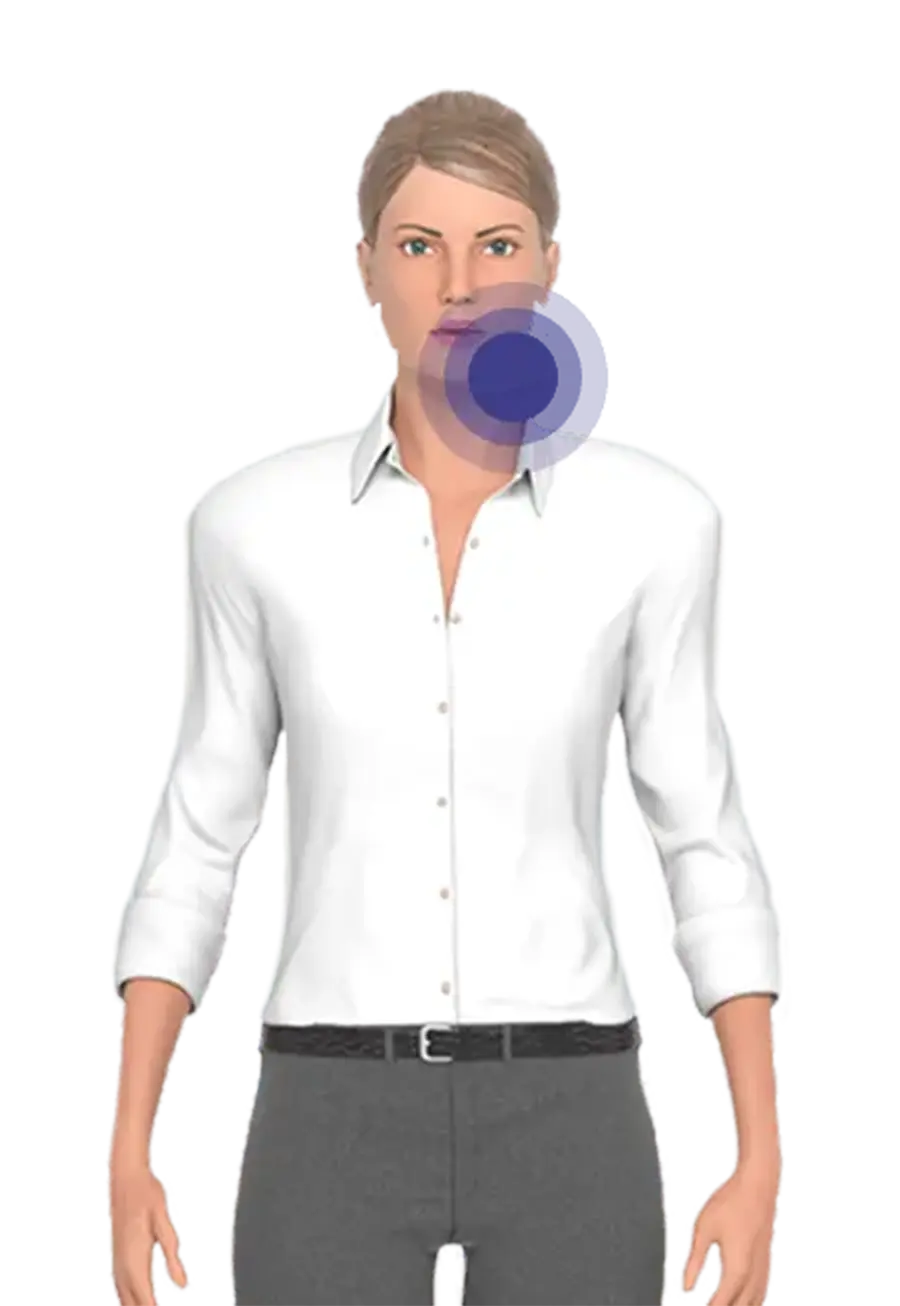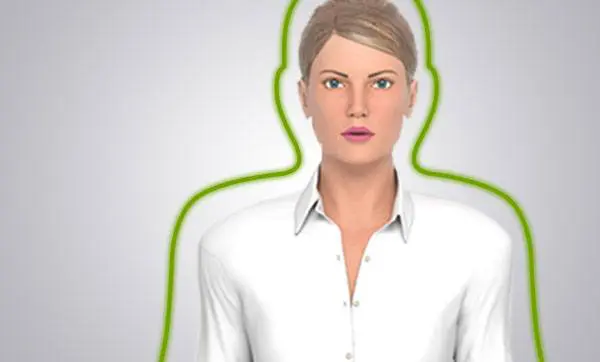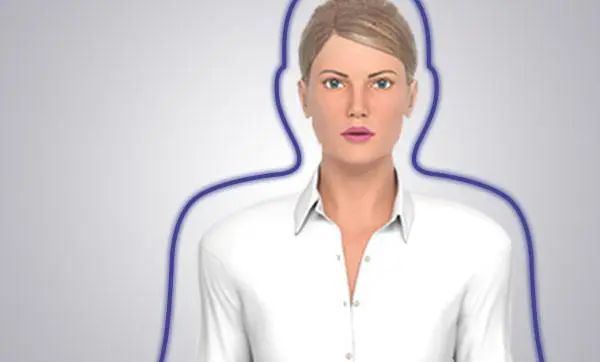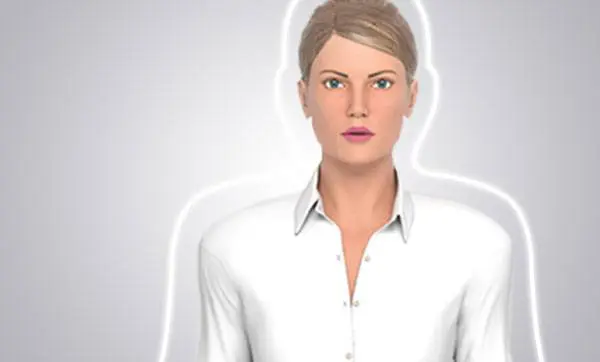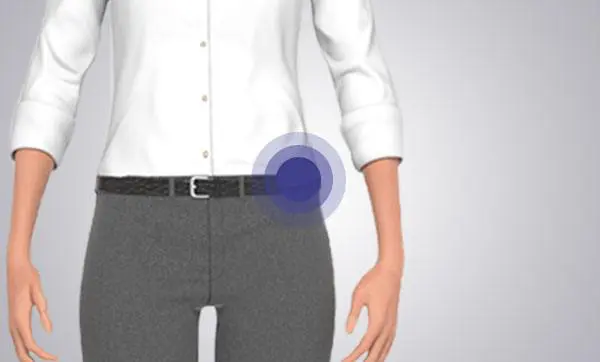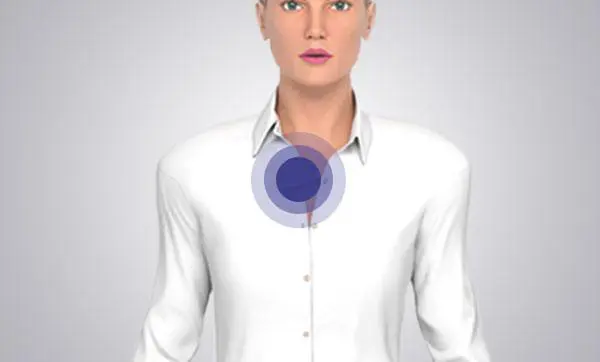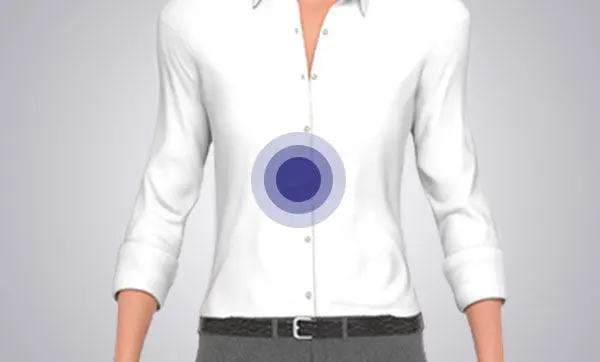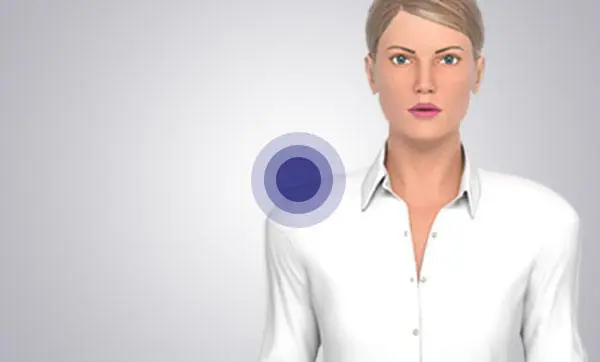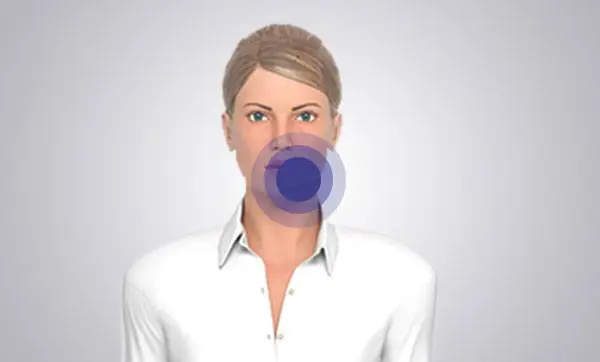How does weakness in the face, neck
and/or throat relate to muscle diseases?
Although people may think of muscle diseases as primarily affecting the muscles involved in physical movement, they can also have an impact on muscles that perform intricate tasks such as those in the face, neck and/or throat. In some muscle diseases this can result in characteristic symptoms of the disease. Although muscle disease can cause altered facial expression, there are many more common causes, such as the serious example of facial paralysis associated with stroke.
How does weakness in the face, neck
and/or throat present in muscle diseases?
Muscle diseases can impact muscles of the face, neck and/or throat in multiple ways. In some instances these muscles can be the earliest affected and can result in characteristic symptoms of the disease. Two examples of this being myasthenia gravis, where muscle weakness around the eye can affect vision and result in droopy eyelid (ptosis), and facioscapulohumeral muscular dystrophy, where weakness in face muscles results in difficulties closing the eyes and smiling. In both of these diseases patients will often go on to experience muscle weakness in the proximal muscles of the body (those muscles that are closest to the core of your body).
Although weakness in the face, neck and/or throat can be highly apparent, this may not always be the case. One example would be Pompe disease. Although this is a disease that primarily affects the muscles of the lower legs and hips, when present in adults, patients have visited their doctor often reporting difficulty swallowing and chewing as one of the first complaints.
Some examples of how weakness of the muscles of the neck, throat and/or facial muscles present include:
- Changes to facial expression:
- Droopy eye (ptosis)
- Difficulty closing eyes
- Unable to whistle or purse lips
- Expressionless appearance and unable to smile
- Difficulty puffing out lips
- Difficulty eating:
- Difficulty chewing
- Jaw fatigue
- Difficulty swallowing
- Weight loss
- Speech problems
- Difficulty lifting head or holding head up
Muscle disease symptoms are highly diverse and complex, making the process of detection and diagnosis difficult. Be aware that the chance of having a muscle disease is rare and symptoms can have a completely unrelated cause. To understand your symptoms, you should discuss any worries you have with a doctor. You may want to prepare by considering how you to recognise your symptoms and how to talk to your doctor about them, before your appointment.
SYMPTOM LIST
MUSCLE DISEASES
A broad set of diseases can affect the proximal muscles.
Read some examples and learn about how they relate.
Create your symptom report
Understanding your symptoms and how they might relate can be an important part of working towards a diagnosis with your doctor.
Take our questionnaire to find information that is relevant to you and create a tailored report that you can use to discuss your symptoms with your doctor.
